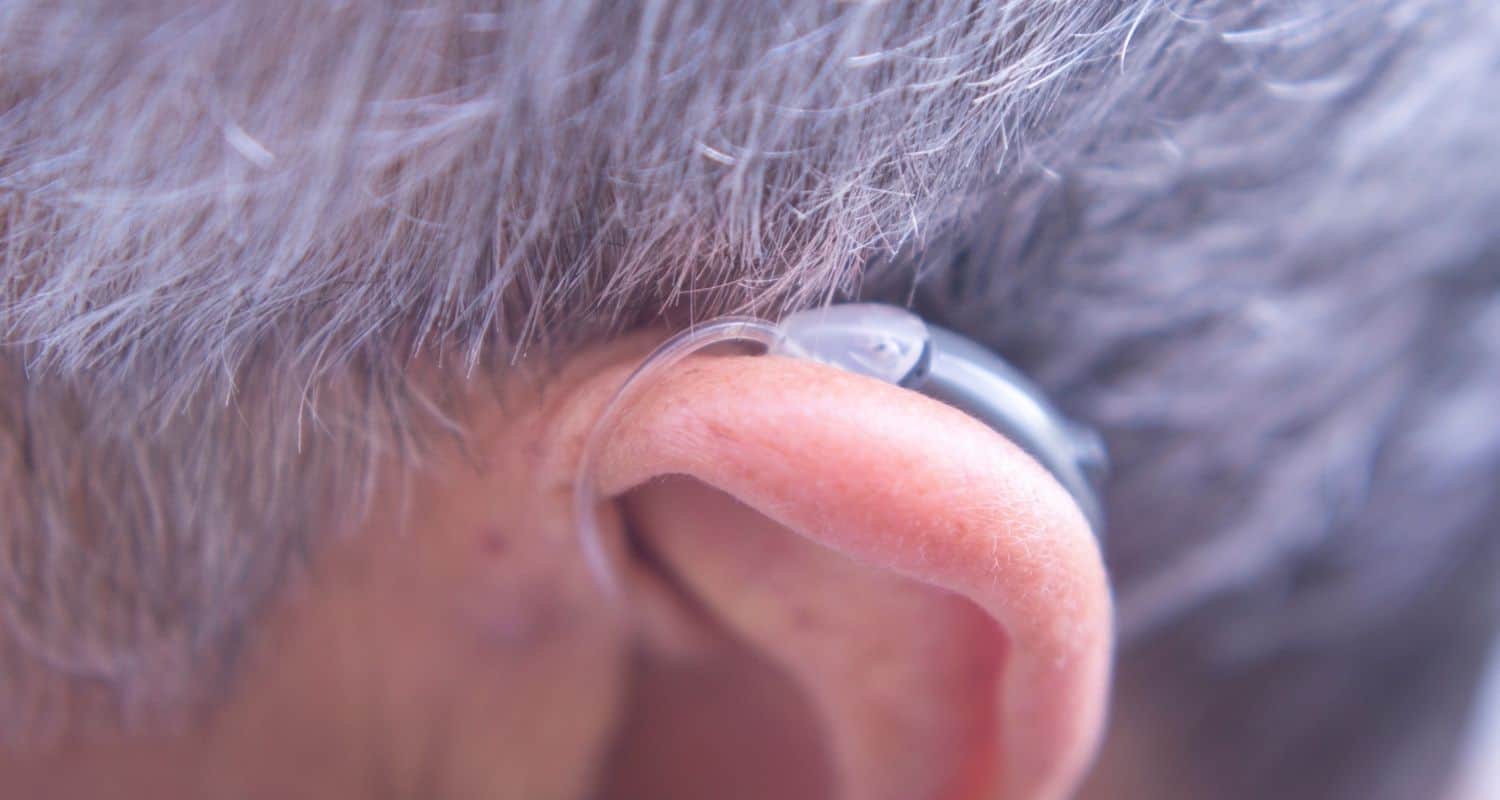The question of when to replace a set of hearing aids isn’t always easy to answer. Ultimately, it’s about what you want to get out of a set of hearing aids and how your current hearing aids are working for you. Hearing aids are a considerable expense, and any quality set of hearing aids is built to last, yet they still have to live in or around our ears for most of the day. Unlike a cell phone or tablet, you can’t put them in a protective case, and they’re exposed to the elements just as much as we are!
Different For Everybody
Some people seem to have it easy with hearing aids. Their body chemistry is such that their hearing aids don’t really accumulate too much skin oil or earwax, and their lifestyle keeps them from getting too sweaty, which helps keep their hearing aids moisture-free. These are the chosen, lucky few!
Others may live in a less-hospitable climate, or may produce more earwax, or sweat more profusely. Some people are more physically active than others, or may be less fastidious in maintaining their hearing aids. Keeping moisture out of hearing aids is an uphill battle: about 60% of out-of-warranty repairs are made due to moisture-related damage.
Each night when we remove our hearing aids, it is important to wipe them down with a clean, dry cloth. If they use disposable batteries, leave the battery compartments open overnight to let some moisture evaporate. These practices alone can considerably extend the life of a set of hearing aids. Regular professional cleanings can also help, in addition to the occasional repair. Sometimes, after a professional cleaning, it can seem like a “veil has been lifted” from the sound of our hearing aids. Because the buildup occurs so slowly, we might not even realize that our hearing aids are functioning suboptimally until they’ve been cleaned up!
After a while, your hearing aids will likely show signs of wear that indicate it is time to replace them. They may start to funciton erratically, or provide inadequate sound. Sometimes repairs can help with this, but eventually the hearing aids’ misbehavior will become frequent enough that it’s time to replace them.
All of that being said, the lifespan you can expect from a set of hearing aids is around 3–7 years. That’s a wide range, due to all the considerations above, but that’s the long and short of it!
Changes in Prescription
While some models of hearing aid can provide assistance for all degrees of hearing loss, some may be appropriate for only mild or mild-to-moderate hearing loss. These can be a great option, especially for new wearers.
But hearing loss is a process. Usually, hearing loss progresses for a while and then plateaus at a certain point. We can’t be certain where anyone’s hearing will plateau until it happens, so it may be that after wearing your hearing aids for some time, you’ll need to switch to a model that provides more power.
Meeting Your Needs
After wearing hearing aids for a while, we get a sense of where they’re working well and where they leave something to be desired. You might have a basic software package that works well at home, but you have trouble hearing in some public places. It could be that a more sophisticated software package could be right for you.
It’s also the case that hearing aid manufacturers release new models regularly. Much the same as the latest generation of smartphones is more powerful and capable than the previous, so it is with hearing aids. It may be that a newer hearing aid can solve a specific problem you’ve been experiencing with your current aids.
New Technology
This is a similar consideration to the last, but sometimes new technology is valuable on its own terms. Maybe you haven’t thought about video-conferencing directly through your hearing aids, but once you experience the high quality of direct sound through wireless Bluetooth connectivity, you might appreciate being able to hear your friends and loved ones more clearly on the phone and through your computer.
Most manufacturers now have Bluetooth connectivity that allows you to control a lot of the programming of your hearing aids from your smartphone. We can even adjust the deeper programming via telehealth, right through your phone, without an office visit!
Our Reviews
Pueblo, Colorado (Main Office)
Address
1800 Fortino BlvdPueblo, CO 81008
Phone
(719) 568-9700Hours
Monday - Thursday: 8AM - 4PM
Friday: 8AM - Noon



